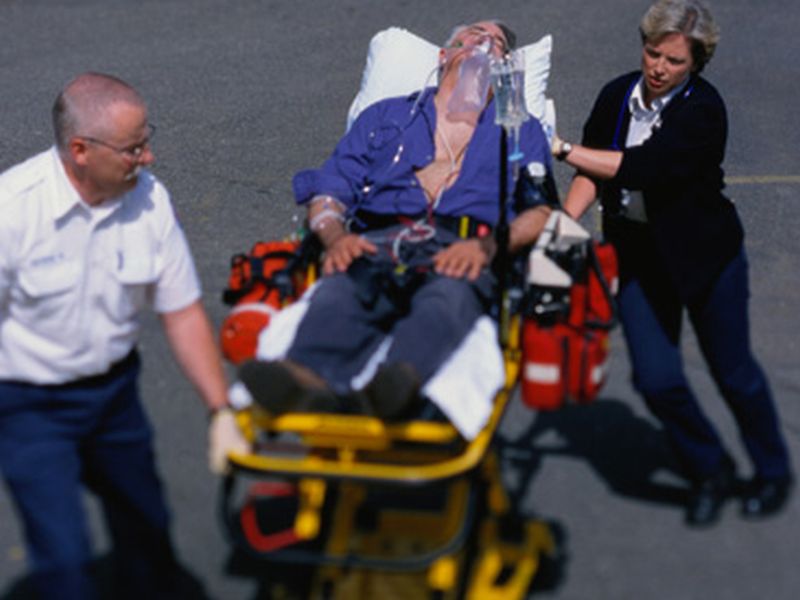
Nine out of 10 ER doctors say their hospitals aren’t fully prepared for major disasters or mass tragedies. The finding, from a new poll by the American College of Emergency Physicians (ACEP), comes as the U.S. Congress considers major disaster preparedness legislation. ACEP questioned 1,328 emergency room doctors between April 25 and May 6 and… read on >





























